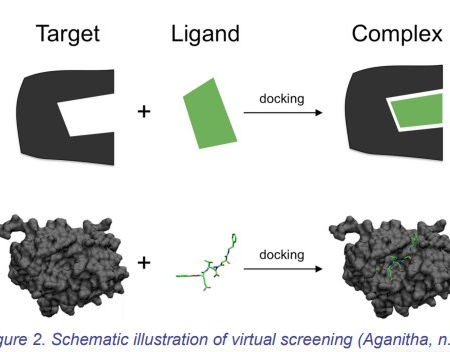
Artificial Intelligence in Drug Research and Discovery
13/12/24, 11:30
Last updated:
24/05/23, 10:20
Published:
Using the new technology AI to develop drugs
Drug research has been transformed by artificial intelligence (AI), which has become a game-changing technology in several industries. Only a small portion of potential drugs make it to the market after the lengthy and expensive traditional drug discovery process. A drug's discovery and development can take over ten years and cost an average of US$2.8 billion. Even then, nine out of 10 medicinal compounds fall short of passing regulatory approval and Phase II clinical trials.
The use of AI in this process, however, has the potential to greatly improve effectiveness, accuracy, and success rates. Given that AI can help with rational drug design, support decision-making, identify the best course of treatment for a patient, including personalised medicines, manage the clinical data generated, and use it for future drug development, it is reasonable to assume that it will play a role in the development of pharmaceutical products from the laboratory bench to bedside table.
There are several ways in which AI is currently being used to enhance the drug discovery process.
One of the primary applications is virtual screening (Figure 2), which involves using machine learning algorithms to analyse large libraries of chemical compounds and predict which ones are likely to be effective against a specific disease target. This can significantly reduce the time and cost required for drug discovery by narrowing down the number of compounds that need to be tested in the lab.
Another way AI is being used in drug discovery is through generative models, which use deep learning algorithms to design molecules that are optimised for specific therapeutic targets. This approach can be used to design molecules that are effective against a specific target while also minimising toxicity or other undesirable properties.
Data analysis is another area where AI can be applied in drug discovery. By analysing large datasets of biological and chemical information, AI can help researchers identify patterns and relationships that may be relevant to drug discovery. For example, AI can be used to analyse genomic data to identify potential drug targets or to analyse drug-drug interactions to identify potential safety issues. However, one of the main challenges is the need for high-quality data, as AI models rely on large amounts of data to make accurate predictions. Additionally, there is a risk that AI models may miss important insights or make incorrect predictions if the data used to train them is biased or incomplete. Nevertheless, the continued development of AI and its amazing tools seeks to lessen the difficulties experienced by pharmaceutical firms, impacting both the medication development process and the full lifecycle of the product, which may account for the rise in the number of start-ups in this industry. The importance of automation will increase as a result of using the most up-to-date AI-based technologies, which will not only shorten the time needed for products to reach the market but also enhance product quality, increase overall production process safety, and make better use of available resources while also being cost-effective.
In conclusion, the use of AI in drug discovery has the potential to revolutionize the field and significantly improve the success rate of potential drug candidates. Despite the challenges and limitations, the continued research and development of AI in drug discovery will undoubtedly lead to faster, cheaper, and more accurate drug development.
Written by Navnidhi Sharma
Related articles: A breakthrough procedure in efficient drug discovery / AI in medicinal chemistry / AI advancing genetic disease diagnosis
Project Gallery



